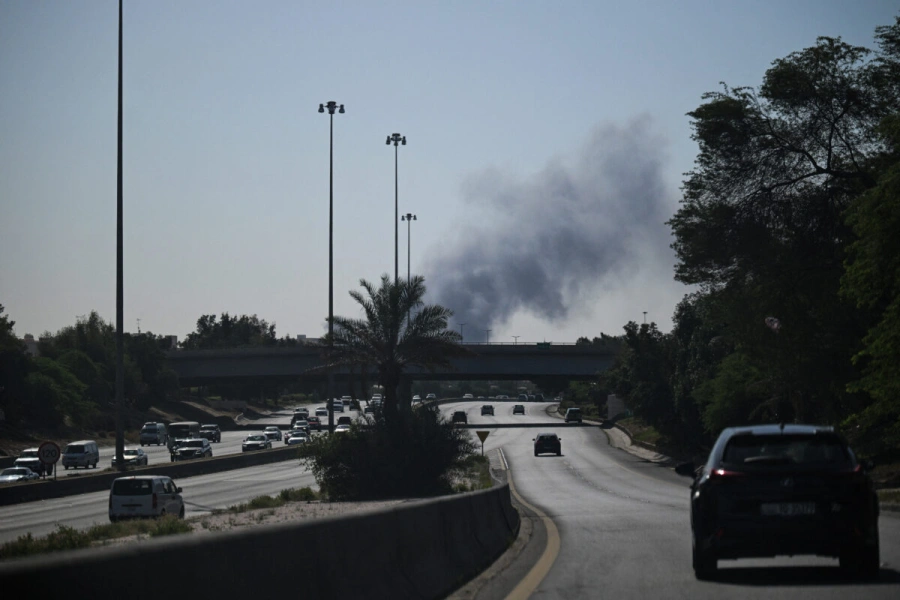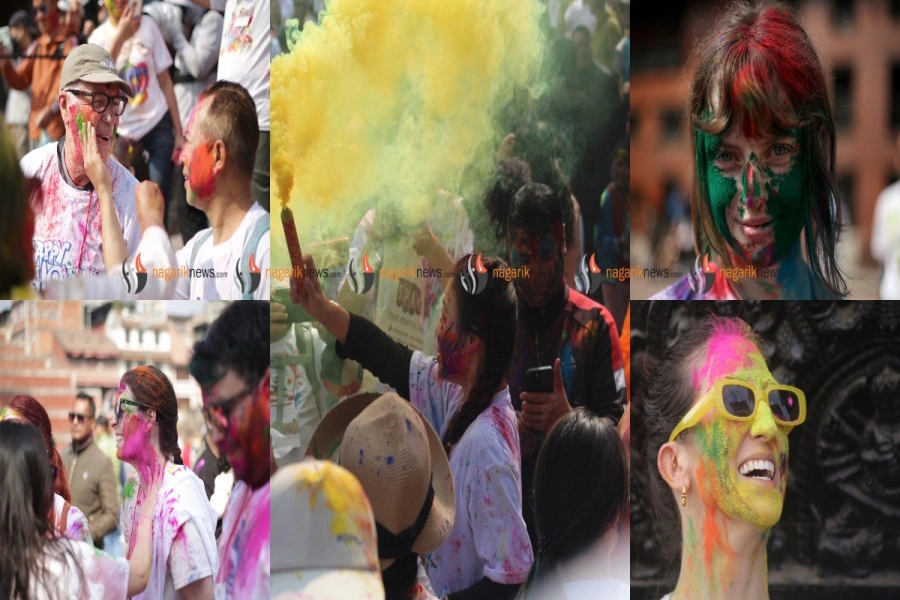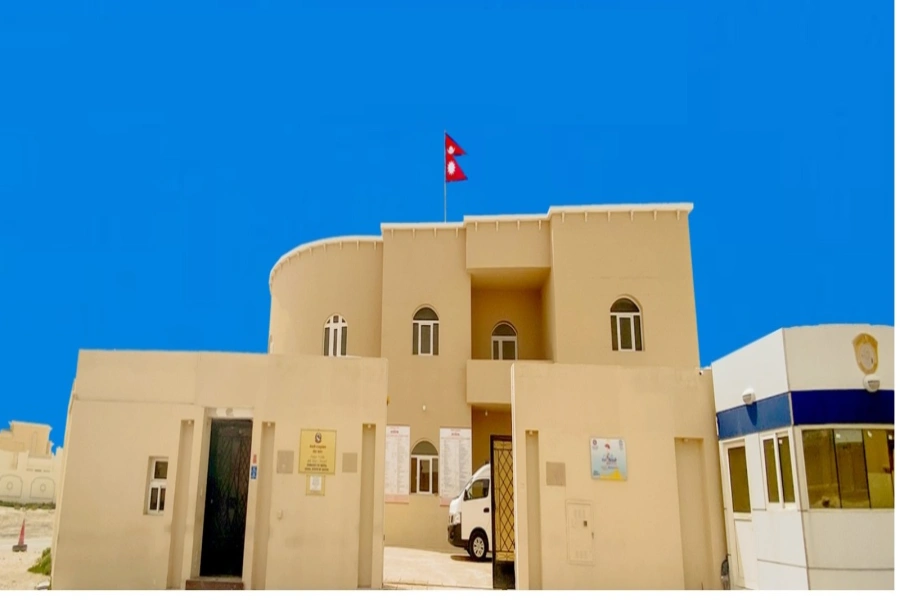CHITWAN, Jan 13: Members of Chepang community in the district are refusing to be vaccinated against COVID-19 even as the risk of the third wave of the pandemic is high lately. It has been found that the people of this minority community, which lives a nomadic life, are not much interested in the vaccination.
The Chepangs live in six out of the seven local units in Chitwan district. They are found living in Ichchhyakamana Rural Municipality, the Kalika, Rapti, Khairahani and Madi rural municipalities and the Bharatpur Sub-Metropolitan City.
The population of Chepangs in these municipalities was 28, 989 as per the Population Census conducted in 2011. Of the total population, only 6,327 people (i.e. 21.82 percent) have been vaccinated.
Chief of the Health Section at the Rapti Municipality, Suresh Neupane, said since Chepangs mostly live in remote parts and hilly regions of the district they are reluctant to travel to the vaccination centers. Members of the Chepang community are also not aware of the importance of vaccines to keep themselves safe from the COVID-19 pandemic. "They are not just interested in getting vaccinated. They say - what's the use of getting vaccinated?," he said.
Chepang community observing Chonam festival today

However, Chief of the Health Section at Ichchhyakamana Rural Municipality Basudev Sapkota argued that the number of Chepang population coming for vaccination will increase as the vaccination is rolled out according to the age groups.
Health Section Chief of Bharatpur Metropolitan City Deepak Subedi said there is a small population of Chepangs in the metropolis. He said that Chepangs living in Ratomate, Chipleti and Kipat areas have not come for the vaccination. "They are not turning up for the vaccination despite organizing vaccination camps in their own settlements," he complained.
Health Section Chief of Madi Municipality Bhoj Raj Khanal said the lack of information about vaccination among the Chepang community who are scattered in large areas of remote villages could be one of the main reasons behind their reluctance to get vaccinated.
Govinda Chepang, former central president of Chepang Association, said the participation of the Chepang community is very low in the vaccination program. Only a few people from this community have come for the jabs also because of the wrong publicity about the vaccines such as the vaccines could affect their reproductive health. He stressed on the need to prepare publicity materials about the vaccination in the Chepang language.
As per the National Population Census conducted in 2011, the population of Chepangs is 68,399 throughout the country. Chepangs are predominantly settled in Chitwan, Makawanpur, Dhading, Gorkha, Lamjung, Tanahu districts.
Chepang Association, Chitwan district chapter President Bhim Bahadur Chepang argued that Chepangs are not coming in large numbers for vaccination as they live in remote areas in the district. He said that only those living near the vaccination centers are turning up to get the shots. Chepang urged for an effective publicity campaign about the vaccination.
Chief of the District Health Office, Chitwan, Deepak Tiwari said that the vaccine hesitancy has been noticed among members of Chepang community due to various types of 'negative propaganda' spread against the Coronavirus infection. He argued that the number of Chepangs coming for vaccination is low also because the Chepang community is not directly in contact with urban life.
Stating the District Health Office only supplies necessary vaccines, Tiwari urged local governments to intensify publicity campaigns to make them more effective so that the maximum population is convinced to receive vaccines against the COVID-19. "Necessary arrangements have been to administer vaccines at each local level. It is the weakness of the community concerned not to come to the vaccination center set up at the ward level to get vaccinated," he said.
According to the District Health Office, Chitwan, a total of 370,544 people in Chitwan district have so far received vaccines against the COVID-19. Among them, 320,009 people have received both the doses of the vaccines.
(RSS)




































